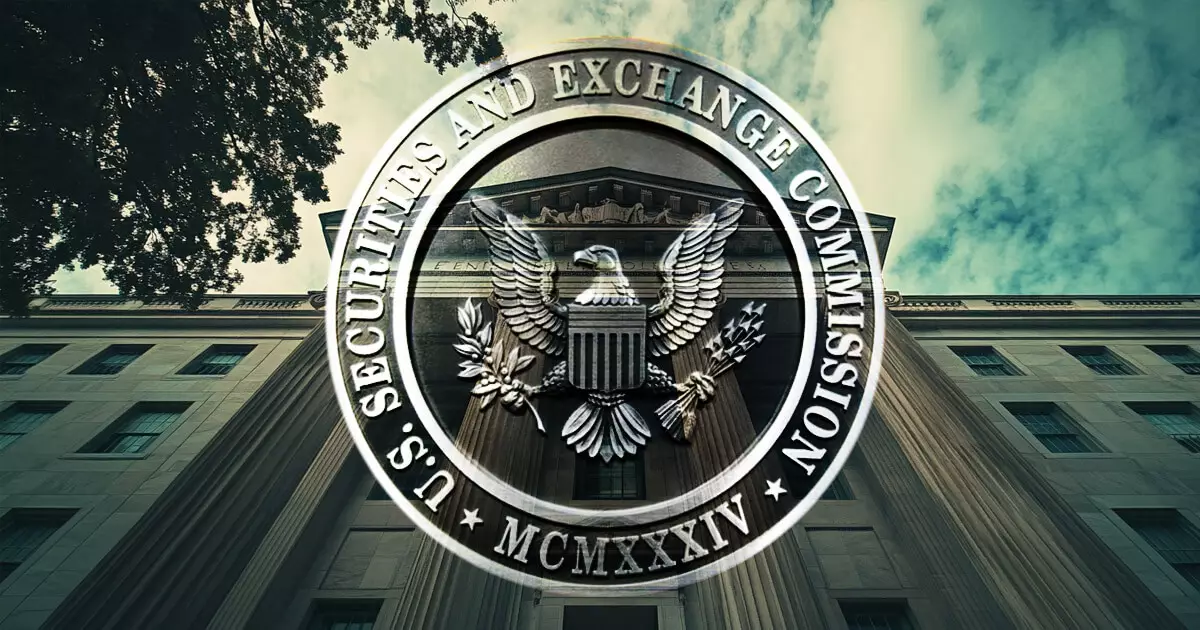The recent appointment of Mark Uyeda as the acting chair of the U.S. Securities and Exchange Commission (SEC) marks a significant shift in regulatory oversight, particularly regarding digital assets. The action, announced by President Donald Trump on January 20, 2025, comes in the wake of Gary Gensler’s resignation. With a term set to last until June 5, 2026, Uyeda’s role is pivotal as the SEC navigates its direction in an ever-evolving financial landscape.
Uyeda’s history as a vigorous advocate for digital assets underscores his intent to reshape the SEC’s approach. Over the years, he has vocalized concerns about the SEC’s perceived uncertainty in regulating the crypto space. He has criticized the agency for creating a regulatory environment that demands judicial clarification due to unclear guidelines. This frustration echoes sentiments from industry leaders who have urged for clearer frameworks to navigate compliance with securities regulations. In his remarks on Fox Business, he emphasized that “a growing frustration has developed with the absence of guidance,” a statement that highlights the challenges faced by innovators in the digital asset sector.
Uyeda’s insights have also extended to non-fungible tokens (NFTs), particularly amid scrutiny of enforcement actions, such as those involving the Flyfish Club collection. In a statement co-signed with fellow Commissioner Hester Peirce, Uyeda argued for a reclassification of certain NFTs as utility tokens rather than securities. The controversy surrounding the Flyfish Club—in which NFTs were sold for exclusive access to dining experiences—demonstrates the SEC’s complex relationship with innovation in this space. The financial success of the Flyfish NFTs, amounting to $17.5 million in sales, raises questions about regulatory classifications and the true nature of these assets.
The transition following Gensler’s exit, which was officially announced on November 21, 2024, reflects a moment of introspection within the agency. In a joint statement acknowledging Gensler’s efforts, Uyeda and colleagues emphasized his commitment to bipartisan dialogue and respect during policy deliberations. Such recognition highlights the importance of collaborative policymaking in an increasingly polarized political climate, particularly as it pertains to the rapidly changing economy driven by technology and innovation.
As Trump takes office with promises of significant regulatory shifts, the SEC is positioned to alter its narrative and approach under Uyeda’s interim leadership. With anticipation building for the appointment of Paul Atkins as the permanent chair, the landscape of regulation for digital assets remains in a state of flux. The coming months will be crucial as the SEC determines how best to balance innovation with investor protection, a challenge that will define its legacy in the digital age.


Leave a Reply